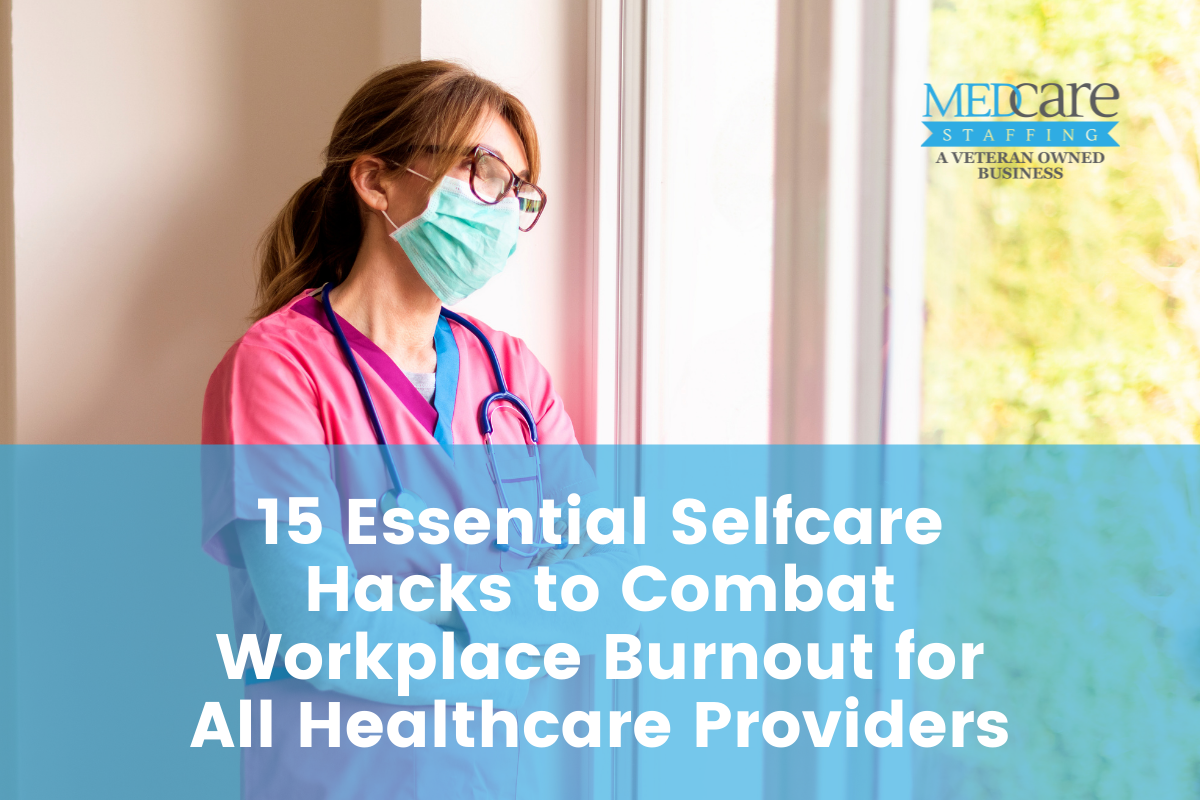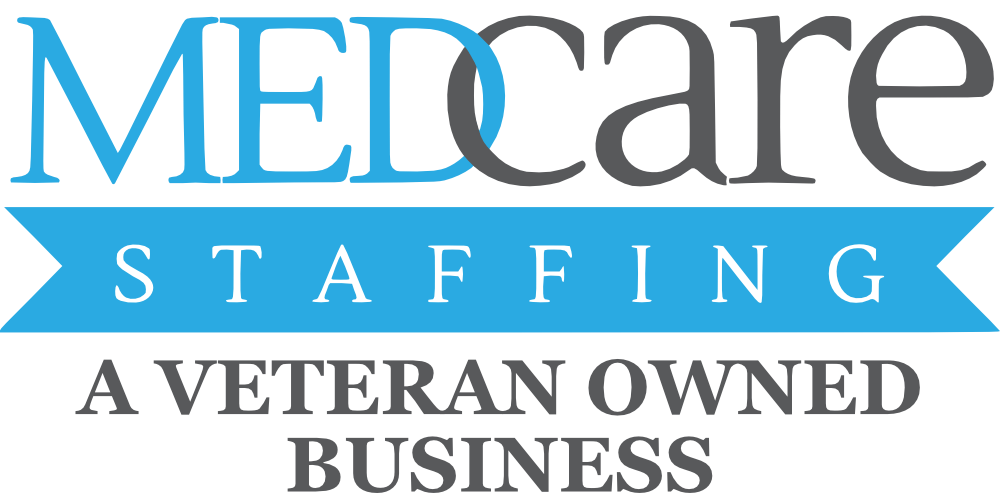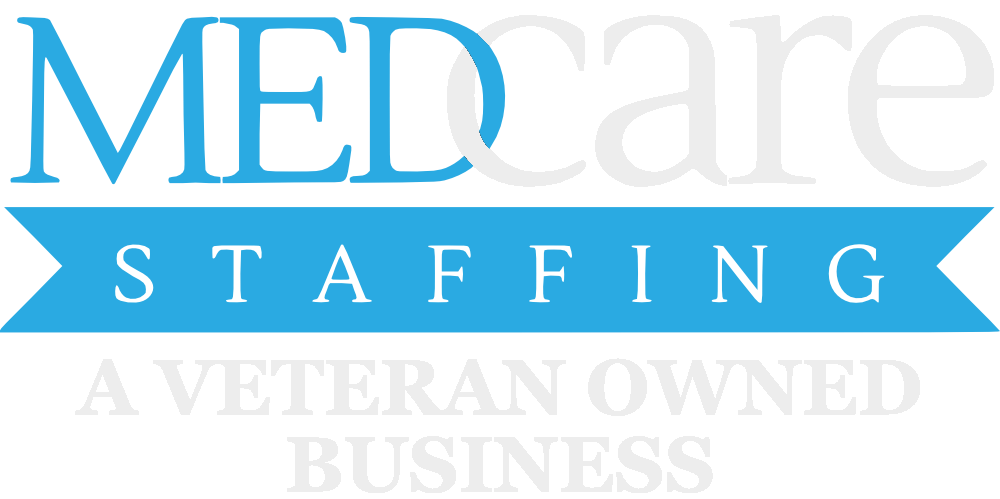
Workplace burnout in healthcare has been going viral for quite a while. Covid-19 only exacerbated burnout symptoms suffered by many healthcare providers. Could self-care really be the answer to keep burn out symptoms at bay?
What is burnout?
Emotional, mental, and physical exhaustion caused by high amounts of long-term stress is what burnout is all about. American psychologist Herbert Fruedenberger started using the term ‘burnout’ in the 1970’s when he was describing the severe stress and high ideals he noticed being exhibited by nurses and doctors. Fruedenberger further concluded that many healthcare professionals, who sacrifice themselves to care for others, were exhausted, listless, and unable to cope.
Highest risk for burnout
According to various studies, 35% to 54% of healthcare providers suffer from burnout. Approximately 50% of American Physicians alone suffer from burnout. Due to the increased stress levels and emotional strain, healthcare professionals are in the highest risk group to struggle with workplace burnout.
Burnout and the brain
Believe it or not burnout can change the brains anatomy. Chronic psychosocial stress from burn out can damage a person’s personal and social functioning and overwhelm cognitive functioning as well as the neuroendocrine system.
A study found that people who suffered from workplace burnout had a large amygdala along with brain areas linked to emotional distress. The more stress a person reported in their work life, the weaker the connectivity between brain regions appeared on their MRI’s. Further studies done on occupational stress was linked to reductions in gray matter in the hippocampus as well as cortical thinning which effects memory, attention and emotions.
Signs and symptoms of workplace burnout
Burnout is a medical disorder and has its own ICD 10 code ICD-10 (Z730.0-Burn-out state of vital exhaustion). It is imperative that healthcare providers recognize the signs and symptoms of burnout before potentially life-threatening mistakes can occur. Signs and symptoms of burn out include:
- Feeling sinical
- Having resentments towards your workplace and patients
- Feeling helpless
- Low energy levels
- Reduced productivity
- Feeling tired and drained
- Frequent illnesses like cold or flue
- Unclear job expectations
- Loss of motivation or moral
- Procrastination
- Self-isolation
- Change in appetite
- Inability to sleep
- Poor eating habits
- Self-medicating with alcohol or other substances
- Lack of social support
- Work life imbalance
- High blood pressure
15 Selfcare hacks to combat burnout
- Know your breaking point
To avoid getting to the “burnout” breaking point, it’s best to stop and do a self- evaluation of how you are feeling. Do you keep getting triggered in a negative way by your spouse, children and or dog? Are you having trouble focusing and concentrating? It’s probably a sign to take a day off.
- Re-evaluate your goals
Is your work bringing you passion and fulfillment? Do you dread waking up in the morning to go to work? It’s best to write a list of ‘life goals’ and perhaps challenge yourself by taking a creative course like stand-up comedy or improvisation. Believe it or not, stand-up comedy and improvisation classes can help make your work life fun and entertaining.
- Take a vacation
You do not have to take a lengthy vacation trip somewhere far far away. You can always plan a staycation where you live and focus on self-care activities full of exercise, mediation, and massages with a focus on relaxation.
- Change your environment
Your personal environment which includes work colleagues, friends, family, personal habits and where you live can all impact your daily life. Sometimes you must move out of a negative space and move into a more positive one. Maybe you have to get rid of negative co-workers and colleagues who bring you down.
- Find the “Magic” in your daily life
Finding the ‘magic’ in your everyday life can help to alleviate burnout and give you a more positive outlook on life. Take pleasure in watching sunsets and sunrises. Talk to a new person every day. Take a minute and smell the flowers before you start your day.
- Take a nap
Studies show that a short nap in the afternoon enhances mood, improves job performance, makes you alert and eases stress.
- Exercise
Exercise helps to increase your endorphins which puts you in a better mood. Taking a brisk walk on your lunch break can help you finish off your day on a happier note.
- Follow your passion
What do you love to do? Have you explored areas that add a spark to your daily life? You can develop a skill in a particular area and use it to contribute to something beyond yourself to make your life much more fulfilling.
- Find a creative outlet
Dancing, doodling, and coloring are all great creative outlets. A creative outlet helps you to express your feelings and ideas in a positive way.
- Practice mindfulness
Developing a mindfulness practice helps you to be aware of your thoughts and feelings without interpretation or judgment. Mindfulness brings greater relaxation to the body and mind.
- Meditate daily
Daily meditation helps to decrease stress, have better focus, as well as decreasing negative emotions.
- Organize your space
Letting go of things that no longer serve a purpose in your life can create a massive shift. Placing things in easy to find spaces helps to decrease stress.
- Practice positive self-talk
Positive self-talk makes you feel good about yourself. Waking up in the morning and greeting yourself in the mirror can have a tremendous positive effect on the rest of your day. Creating an optimistic voice in your head encourages you to look at the bright side of things picking yourself up when you fall.
- Start a gratitude journal
Giving thanks and counting blessings helps you get better sleep, lowers stress, and improves relationships. Starting a gratitude journal and outlining 3 things in your life you are grateful for everyday can also help you decrease daily workplace burnout and give you a more positive outlook in life.
- Buy yourself some flowers.
Flowers brighten up any space. Don’t wait for someone to buy you flowers start a weekly flower budget. This will not only brighten up your space but will also brighten up your mood and put a smile on your face.
Dr. Richard Gunderman, professor of Radiology at Indiana University, explains that “the incremental onset of burnout is due to the accumulation of hundreds of tiny disappointments.” Burnout suffered by healthcare providers can have negative effects on patient care.
MedCare Staffing places physicians, advanced practitioners, pharmacists and dentists in locum tenens positions and permanent jobs.
If your current work situation causing you burnout? Stop those hundreds of tiny disappointments today and change your work environment by calling MedCare Staffing (888)474-3380 and book your next Locum Tenen assignment by clicking here.

